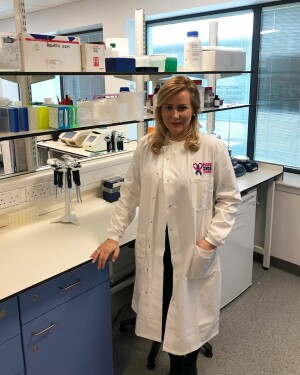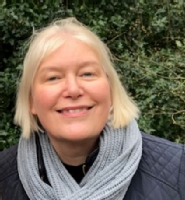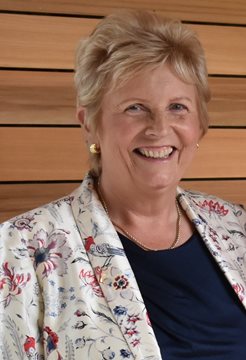Our past research has provided vital insights on the experiences people living with secondary breast cancer.
At Make 2nds Count we work with oncologists, health researchers and scientists based in the UK to support research that aims to improve the lives of people with secondary breast cancer. Information on our previously funded research is below.

Triple Negative Breast Cancer (TNBC) Mutation Profiling Study
 Dr Olga Oikonomidou, Edinburgh Cancer Research Centre, University of Edinburgh.
Dr Olga Oikonomidou, Edinburgh Cancer Research Centre, University of Edinburgh.
Make 2nds Count first research grant was awarded to Dr Oikonomidou and her team in 2019. This project investigated how small scale and large scale mutations within TNBC tumours change and evolve through time, from initial diagnosis to after chemotherapy and surgical removal and after metastatic recurrence. This can provide a better understanding of what mutations are associated with TNBC tumours going into remission or recurrence.
Metastatic and Secondary Breast Cancer (MSBC) Survey
 Professor Janet Dunn, Warwick Clinical Trials Unit, Warwick Medical School
Professor Janet Dunn, Warwick Clinical Trials Unit, Warwick Medical School
Prof Janet Dunn and her team, in collaboration with Make 2nds Count, University of Liverpool, University of Southampton and the Clatterbridge Cancer Centre conducted a national patient led survey of the experiences, information needs and attitudes to clinical research of patients living with secondary breast cancer in the UK.
Living with Metastatic Breast Cancer (LIMBER) Study
 Professor Dame Lesley Fallowfield, Sussex Health Outcomes, Research & Education in Cancer Group (SHORE-C), Brighton and Sussex Medical School
Professor Dame Lesley Fallowfield, Sussex Health Outcomes, Research & Education in Cancer Group (SHORE-C), Brighton and Sussex Medical School
Prof Dame Lesley Fallowfield and the SHORE-C research group was awarded a research grant to conduct a UK Survey measuring informational needs and quality of life in women living with metastatic breast cancer.
The results of the LIMBER survey are now available here.
The research team are now developing educational materials based on the results of the LIMBER study that can benefit patients, their friends and family and healthcare practitioners.
